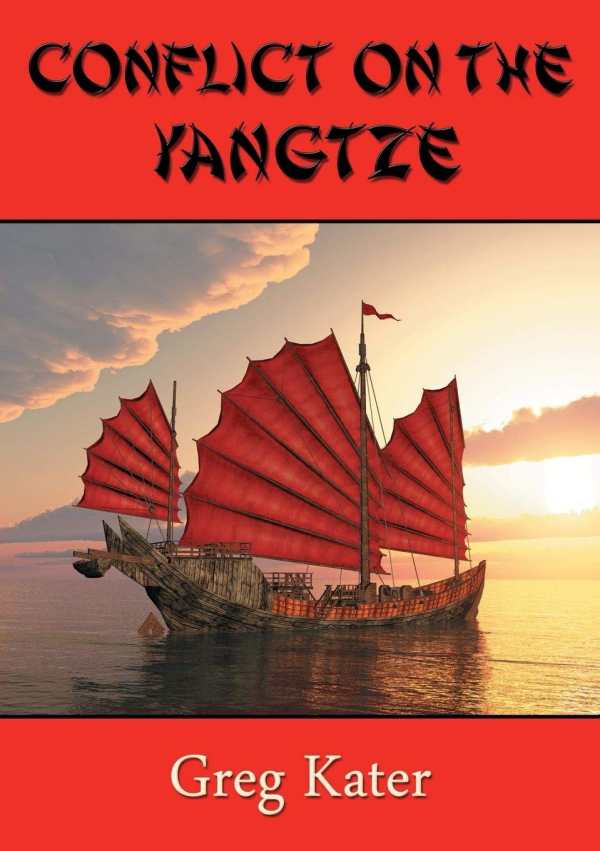
Conflict on the Yangtze
Conflict on the Yangtze is fast-moving novel that’s full of exciting escapades.
In Greg Kater’s historical novel Conflict on the Yangtze, covert military missions involve drugs and politics.
In post-World War II China, civil wars and government corruption shape the landscape. To make money and gain power, farmers and politicians involve themselves in the opium trade, sending shipments to the Philippines to confuse authorities. When a farm operation is discovered, it’s up to a diverse group of soldiers and commandos to take the smugglers down, even if it means chasing them around the world.
At the center of the story are military operatives Jamie, Jacko, and Sarah, as well as their family and friends. A mash-up of military men from countries including Australia, England, and America also lead the action. Jacko and Jamie’s interactions with soldiers capture the strong bonds of military culture as they crack jokes and trust each other with their lives, a bond that’s further highlighted by their breezy, entertaining exchanges.
Sarah is Jacko’s Aboriginal Australian half-sister. Her portrayal draws on stereotypes that extend to how she is physically described; she talks in broken English. In action, her resourcefulness and comfort in wild settings makes her a winsome hero, though. Jamie and Jacko’s wives are present as background characters, though their relationships are charming. Themes of fear around losing loved ones come in through them. Jacko steals a henchman’s dog and an endearing dynamic emerges between them, too.
Some characters have to hide their identities and live among shifting alliances and unstable governments, but characters are added on such a rolling basis that they obscure the main story. Though their motivations are made realistic, the book’s villains are always nervous and suspicious—a mix that includes politicians, military men looking to make money from opium, and the henchmen who carry out the dirty work. Their actions are used to convey the effects of greed, power, and exploitation.
Location plays a pivotal role in the story. China’s history is linked into the characters’ navigation of the country, with regions and allegiances explained in context. Maps help with visualization. Other locations—including the Philippines and Australia—are also contextualized, and the book’s descriptions of natural environments are engaging.
Energetic action scenes highlight characters’ skills and strengths, and these tense life-and-death moments are balanced with humorous interactions. However, the novel jumps between too many characters’ perspectives, and its conclusion is abrupt.
Conflict on the Yangtze is fast-moving novel that’s full of exciting escapades.
Reviewed by
Delia Stanley
Disclosure: This article is not an endorsement, but a review. The publisher of this book provided free copies of the book and paid a small fee to have their book reviewed by a professional reviewer. Foreword Reviews and Clarion Reviews make no guarantee that the publisher will receive a positive review. Foreword Magazine, Inc. is disclosing this in accordance with the Federal Trade Commission’s 16 CFR, Part 255.
